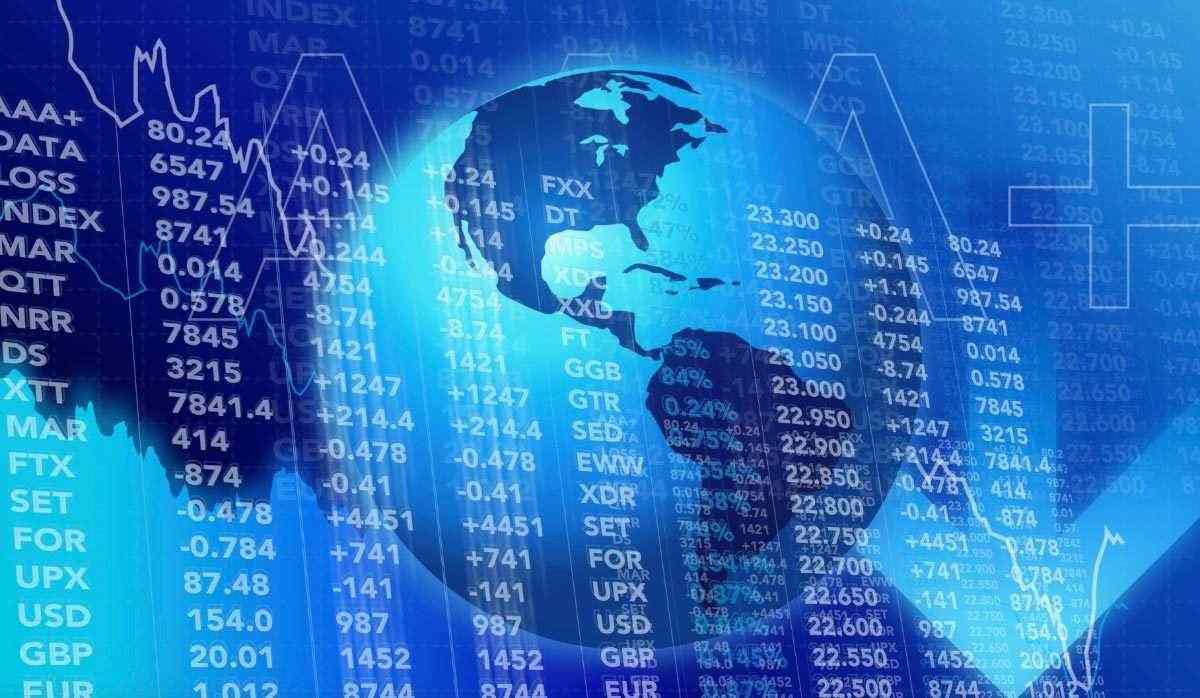Global stocks reach high level as markets assess Sino-US trade pact

TOKYO- Stocks across the world edged up, reaching record highs on Thursday. Such activity followed after China and the United States signed the “Phase 1” of the trade agreement intended to mitigate their months-long trade dispute that dragged the global economy. Despite positive performance, investors remain cautious as numerous concerns are still unsettled.
MSCI’s broadest index of global stocks advanced 0.04% in early trade after ending its session on a positive note on Wednesday. Asia-Pacific shares outside Japan increased 0.21%.
US President Donald Trump and Chinese Vice Premier Liu He on Wednesday settled the initial phase aimed at pulling out some imposed tariffs on Chinese products and would mandate China increase purchase on US goods and services by $200 billion over two years.
“Whether somebody looks at this as big progress or little progress, it is something tangible and so the arrow is pointing in a direction that the market is comfortable with,” said Chuck Carlson, chief executive officer of Horizon Investment Services.
The Phase 1 did not fully cut the implemented tariffs as the $200 billion purchase targets including energy, farm, and manufacturing goods look daunting and unachievable. This also did not tap issues concerning economic structures and how that led to trade dispute. Officials disclosed that these are set to be discussed in Phase 2, though identified differences were proven fundamental that many market participants that a second deal will be settled.
“While markets seemed to take this deal as a risk-on signal, we should all be aware that headlines about trade, particularly U.S. China trade, are going to be a constant feature of 2020,” said Hannah Anderson of Morgan Asset Management.
“Highly sensitive issues like the U.S.’s export ban to several Chinese companies, increased scrutiny on Chinese investments abroad, and China’s application of its commitment to treat foreign and domestic business alike within China are likely to make headlines throughout the year,” she said.
On Wall Street, the S&P 500 ended its session with 3,289.3 points, equivalent to 0.19% with gains marginally lower after months of market optimism mainly from trade deal.
The index suffered due to decline in financial shares after inactive gains from Bank of America and Goldman Sachs
“While the trade deal has provided a relief, there wasn’t any positive surprises for markets. For shares to rise further, we need more evidences of improvement in the real economy and earnings,” said Hirokazu Kabeya of Daiwa Securities.
Bonds yields sunk down as optimism brought by trade deal failed to negate pressure from low US producer price inflation data, which emphasized a pressing low inflationary risk.
Price index advanced with 1.3% rise but failed to surpass expectations in December. The 10-year US Treasury yield declined hitting its one-week low of 1.780% compared to its active session of 1.900% last Thursday, with previous record of 1.793%.
Weak inflation was drastically felt in UK markets where it hit 1.3%, its weakest pace three years.
British pound was last quoted $1.3040 against dollar, and had completely recovered from its three-consecutive week of setbacks.
Swiss franc was firmer as it tallied its strongest record against dollar in over a year and its most active trading session against Euro in three years. Such followed after the United States included Switzerland to its list of currency regulator.
Swiss currency previously hit its 0.9643 quotation against dollar, just neutral enough from its Wednesday record of 0.9631.
Chinese yuan fell behind its 5-and half month of positive session after Washington rejected Chinese as one of its currency regulator. Despite this, a more diplomatic relationship between two countries is evident and is expected to positively impact Chinese economy.
Oil prices retreated from after its six consecutive weeks of high from data that disclosed big advances in US refined goods.
US West Texas Intermediate (WTI) crude acquired 0.48%, equivalent to $58.09 a barrel. WTI had plummeted to as low as $57.36 on Wednesday.

